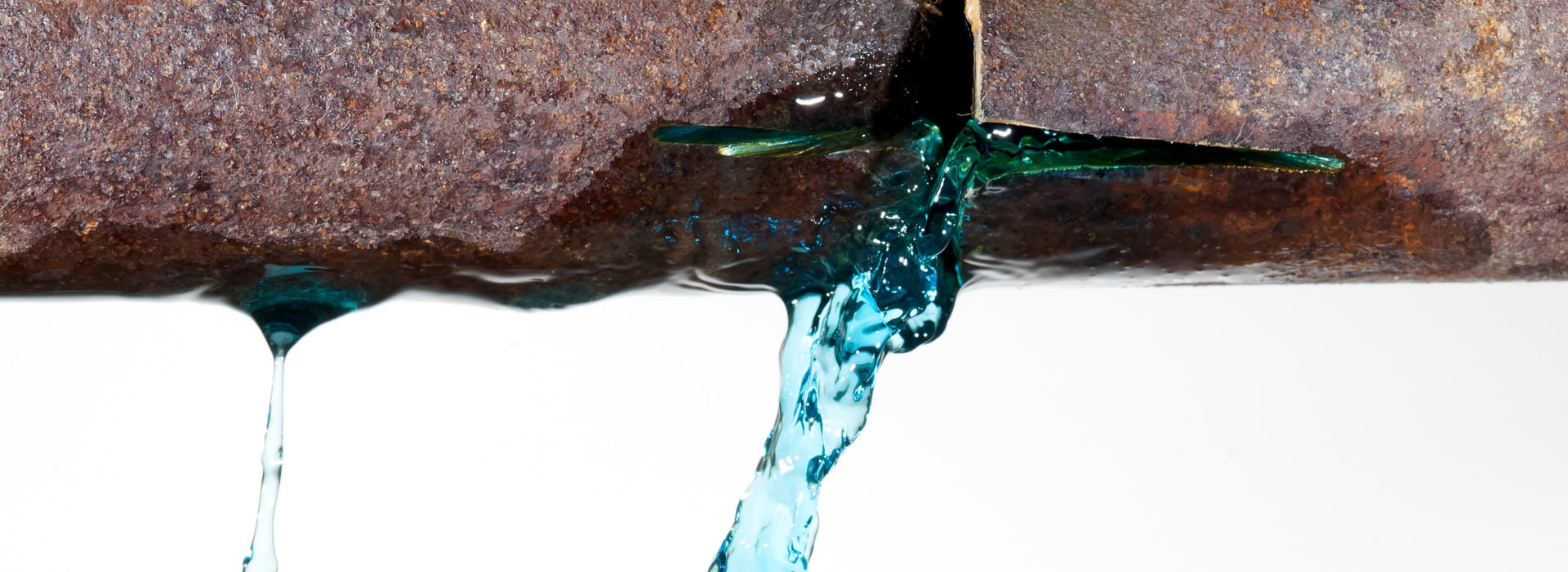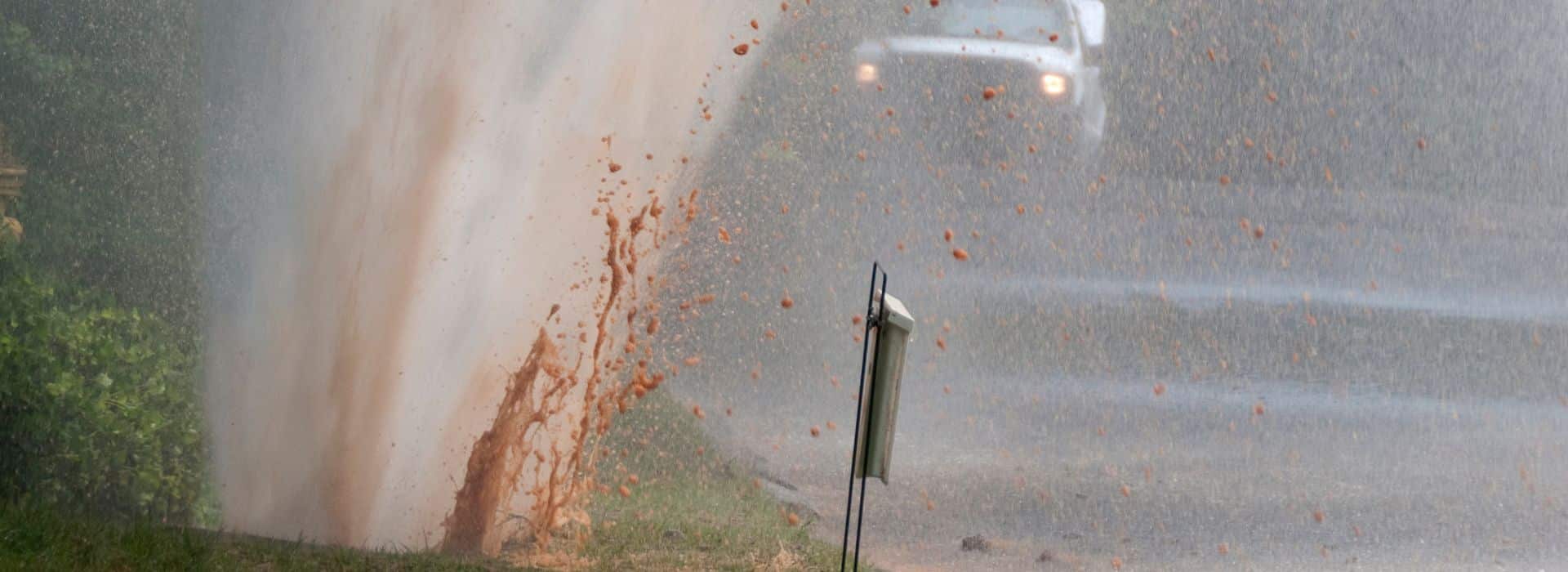What Is A Plumbing Emergency?
- Seattle, Wa
What Are Plumbing Emergencies?
Plumbing emergencies can seem like a minor inconvenience, but they can actually turn into serious problems. A plumbing emergency is any plumbing issue that needs to be addressed immediately. If you’re experiencing a plumbing emergency, it’s important to act quickly and hire an experienced plumber in Seattle WA who can assess the situation and address any potential hazards.
What Constitutes a Plumbing Emergency?
There are several scenarios that could constitute a plumbing emergency. Here are some of the most common plumbing emergencies homeowners experience:
A blocked or leaking sewer line or drain line
This is one of the most serious types of plumbing emergencies in Seattle WA and should be addressed as soon as possible. A blocked sewer line can cause water to back up into your home, which can result in extensive damage if not repaired quickly.
Leaking pipes or fixtures
Leaking pipes or fixtures can lead to extensive water damage, so it’s important to have them repaired as soon as possible by an experienced plumber.
Burst pipes
Burst pipes are another type of plumbing emergency that need to be addressed right away before they cause further damage to your home or property.
No hot water
If you suddenly find yourself without hot water, it could mean there is an issue with your hot water heater that needs to be addressed immediately by a trained professional plumber.
Toilet overflow or blockage
If your toilet is overflowing or clogged, it could be due to buildup in the drain line that needs immediate attention from an experienced plumber who has the right tools and equipment for the job.


Contact Us Today!
Homeowners in Seattle WA looking for an emergency plumber should keep these tips in mind when identifying what constitutes a plumbing emergency and how best to address it quickly and safely with the help of a professional plumber who has the experience necessary for such complex tasks. By understanding what constitutes a plumbing emergency, you will be able to make an informed decision about how best to handle any potential issues you may encounter with your plumbing system quickly and efficiently – saving you time, money, and hassle in the process! Contact us today and allow the team at Wezee’s Plumbing to help you fix your plumbing problems.



